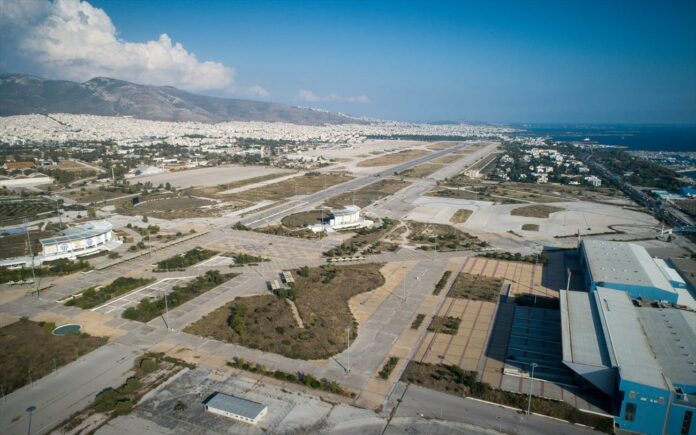Pushing through major privatizations was one of the main pledges of center-right New Democracy (ND) while in the opposition, while after winning the July 2019 general election the actual implementation and finalization of the projects has proven more difficult than previously admitted, mainly due to two parameters: the level of interest, or lack thereof, by would-be investors and legal challenges.
The political and economic landscape appears more conducive for privatizations in the energy sector, followed by property development involving state assets and concessions for the remaining ports still under state management.
The biggest and most closely-scrutinized privatization on the horizon is the Helleniko property redevelopment project in coastal southeast Athens, on land where the Greek capital’s airport once operated.
Greece’s privatization agency (HRADF) must first sell the shares of a holding company that has the title for the site – itself under HRADF auspices – along with a handful of joint ministerial decisions that must be issued and Council of State approval of relevant urban planning and public asset exploitation studies. Although the Mitsotakis government has appeared very eager to get the deal concluded and get construction underway, no timetable has been given.
Additionally, whatever state services still operating at the site must be moved, no small task for Greece’s usually slow-moving bureaucracy.
Elsewhere, HRADF has cited a deadline of Feb. 21 ,2020 for submission of binding offers for a 35-year concession for Egnatia Odos tollway, which runs across the breadth of northern Greece.
Interest so far has been shown by France’s Vince, China-based Sichuan Communications a local company, Gek Terna.
As widely reported this past week, in media coverage revolving around the visit of Chinese President Xi Jinping to Athens, procedures to implement the partial or full privatization of state-owned energy-related companies are moving at a swifter pace. In the first phase, the government wants to sell a majority stake in the natgas provider, DEPA, as well as the minority stake still held by the state in Hellenic Petroleum (Hel.Pe), the biggest petro-chemical conglomerate in Greece.
Finally, a new law must be passed in order to allow the full privatization of 10 regional ports around the country, as the current law – passed by the previous government – allows for concessions of port services and not for the entire port authority.














